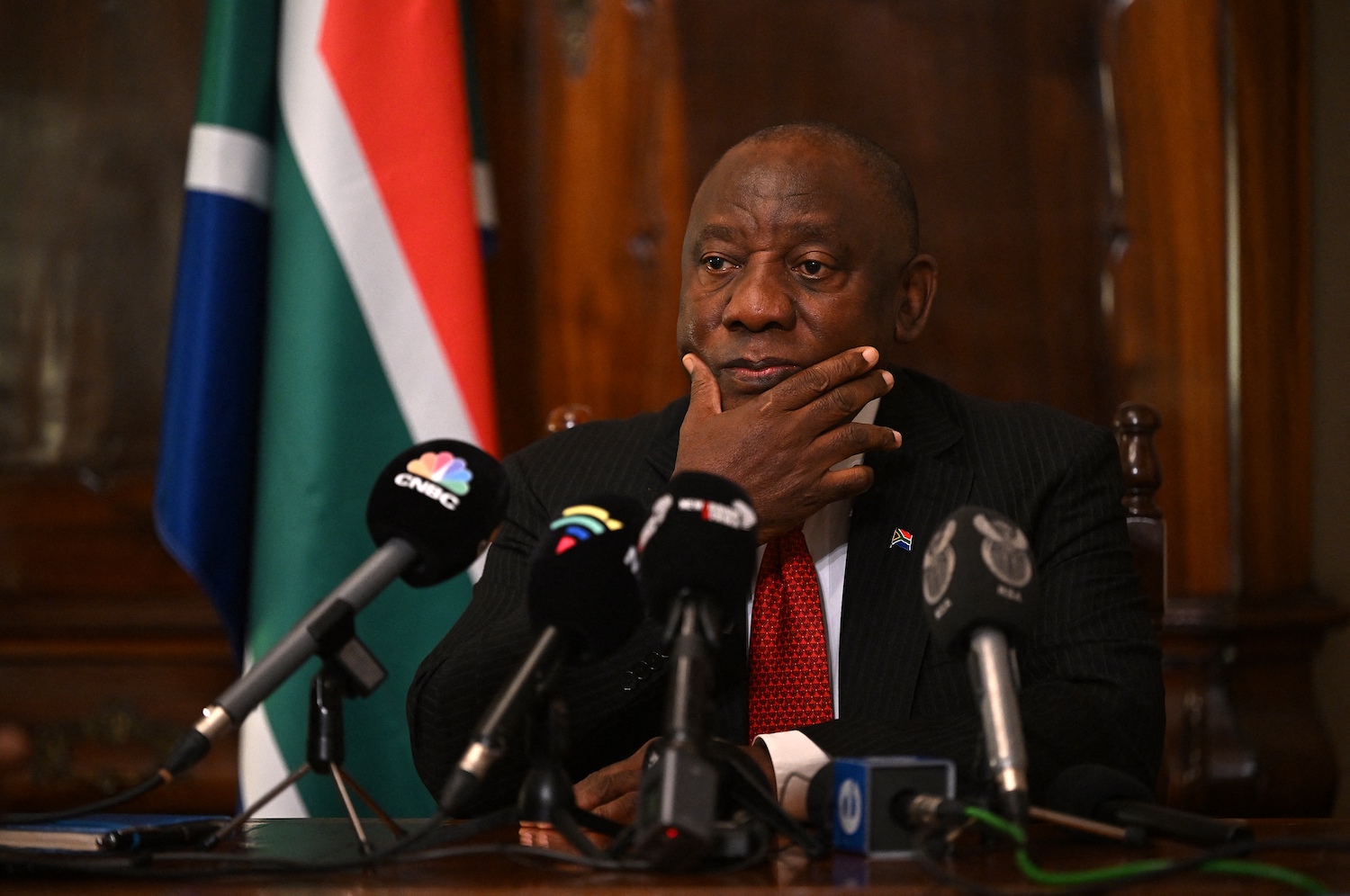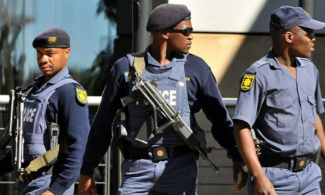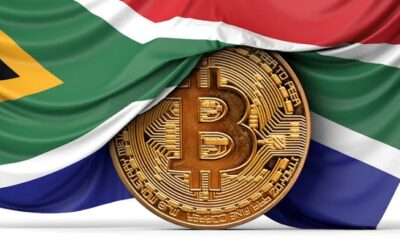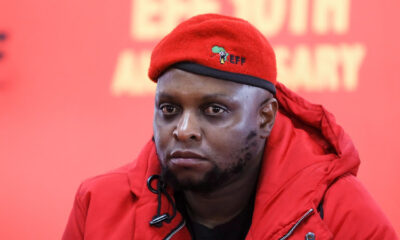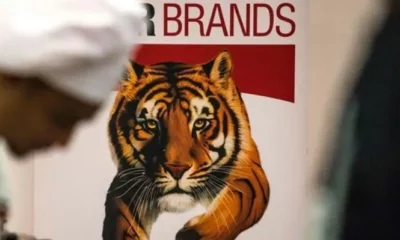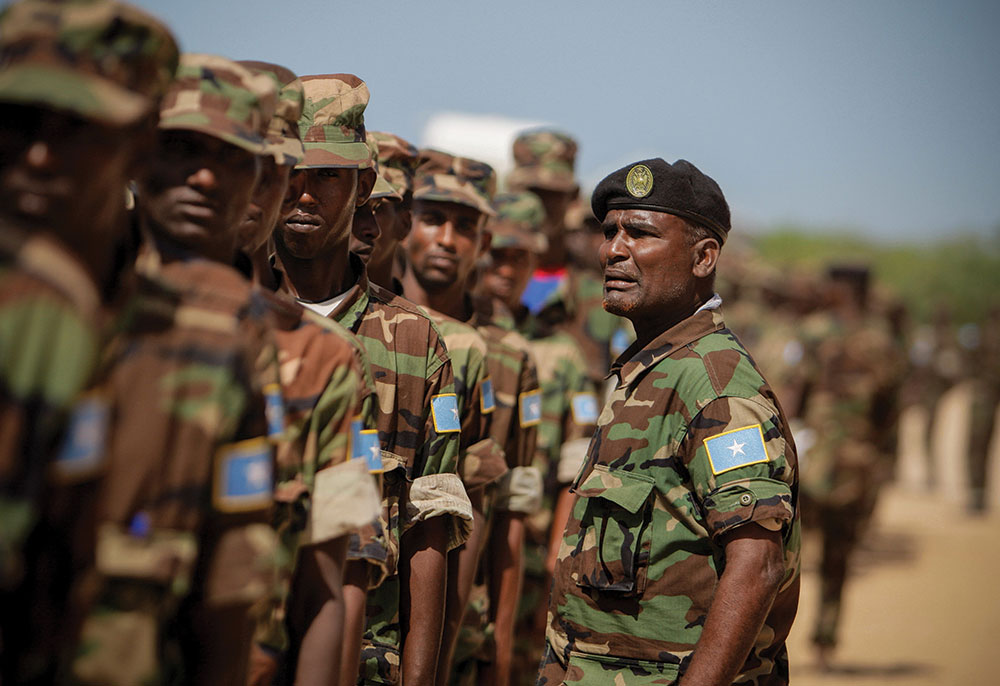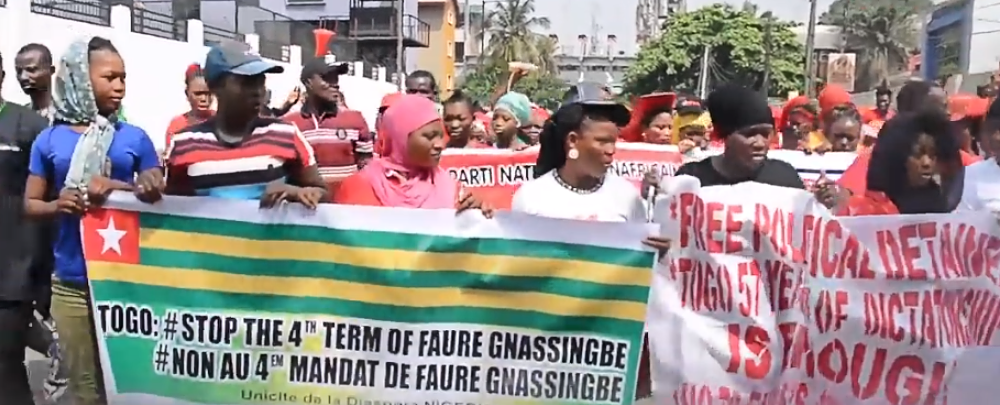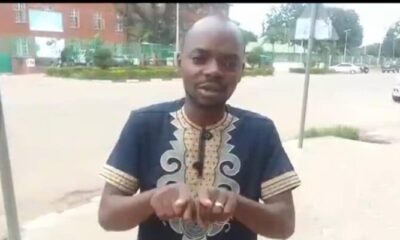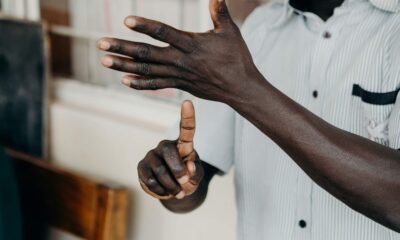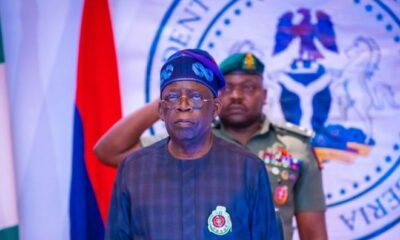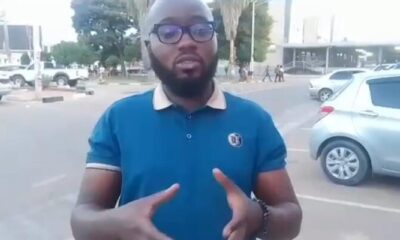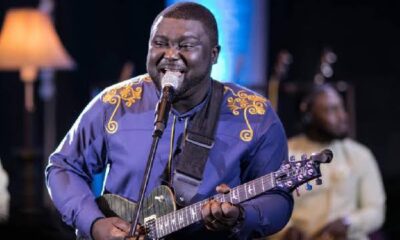Some of Togo’s opposition parties and civil society groups have called for mass protests again on Saturday following lawmakers’ approved changes to the country’s constitution a week ago.
The legislation is widely believed to enhance the continued stay of President Faure Gnassingbe in power after 19-year rule. The opposition group Dynamique Pour la Majorité du Peuple (DMP) and other signatories said in a statement that the changes to presidential term limits and how presidents are chosen were just a political move to let Gnassingbe stay in office forever.
“What happened at the National Assembly yesterday is a coup d’etat,” they said in the statement that reiterated calls for the population to mobilise against the changes.
“Large-scale action will be organised over the next few days to say ‘no’ to this constitution,” they said. In Friday’s vote, lawmakers unanimously approved an amended charter under which the president will no longer be elected by universal suffrage, but by members of parliament.
The amendments also set up a parliamentary system of government and cut presidential terms from five years to four years, with a maximum of two terms. Since the changes don’t consider time already spent in office, Gnassingbe could stay in power until 2033 if he is re-elected in 2025. This is very likely because his party controls the parliament in Togo, where his father, Gnassingbe Eyadema, took power in a coup in 1967.
The most valuable company in Abu Dhabi has made an offer of more than $1 billion to buy a 51% stake in Vedanta Resources’ copper assets in Zambia, according to two people who know about the situation.
In the past few years, the Central African Republic, Rwanda, the Congo Republic, the Ivory Coast, and Guinea are just a few of the African countries that have changed their constitutions and other laws to allow leaders to serve longer terms.
In the last three years, there have been eight military coups in West and Central Africa as well. As they were during his father’s long rule, violent police crackdowns on political protests have been common in Togo under Gnassingbe, who was returned in a landslide in 2020 that the opposition says was rigged.
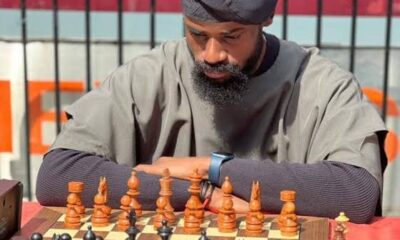
 Behind the News2 days ago
Behind the News2 days ago
 Metro2 days ago
Metro2 days ago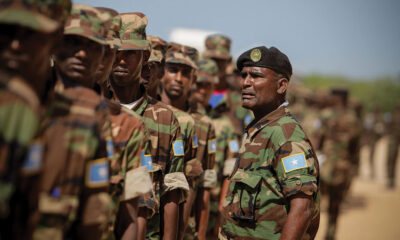
 Politics1 day ago
Politics1 day ago
 Metro18 hours ago
Metro18 hours ago
